Last night (December 6), the main VinFuture 2024 prize worth 3 million USD (more than 76 billion VND) was awarded to 5 scientists : Yoshua Bengio, Geoffrey E. Hinton, Jensen Huang, Yann LeCun, and Fei-Fei Li for their groundbreaking contributions to advancing the progress of deep learning.
The awards committee noted that advances in deep learning have ushered in a new era of technological innovation, allowing machines to “learn” from vast amounts of data and achieve incredible accuracy in tasks such as image recognition, natural language processing and decision making.
Since 2012, deep learning has become a key tool driving major advances in areas such as healthcare, automation, and financial services, shaping the future of innovation. The applications of new technologies can transform the lives of millions of people by bringing efficiencies to business and healthcare.
Professor Yoshua Bengio
Professor Yoshua Bengio is the founder of the Mila Institute, whose research focuses on artificial neural networks (neurons), including important advances in representation learning and generative models.
His contributions have become essential to modern deep learning systems, especially in natural language processing (NLP). His work has enabled the development of tools such as virtual assistants and language translators, giving millions of people around the world access to these technologies. His research continues to shape deep learning-related fields from robotics to personalized medicine.
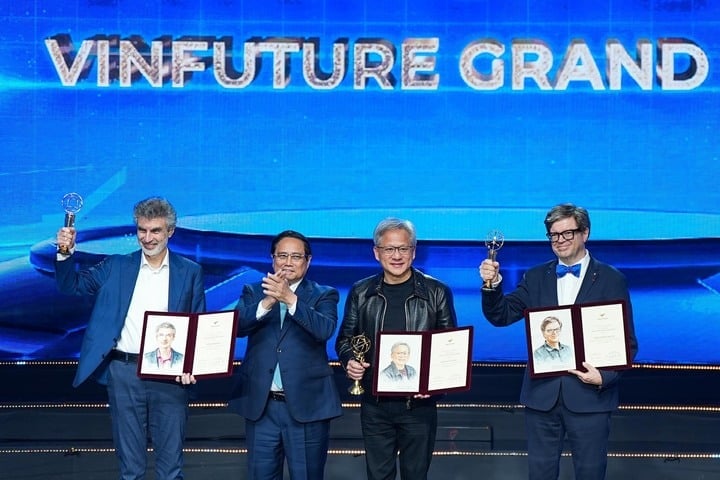
Professor Yoshua Bengio (far left)
Bengio's innovations allow systems to "learn" and generate data with incredible accuracy. These innovations are especially important in creating AI-based solutions to solve global challenges, such as improving healthcare and promoting environmental sustainability.
Speaking at the awards ceremony, the professor recalled his journey with AI, which began 20 years ago when he became interested in neural networks and wanted to understand the principles behind intelligence. At that time, he did not realize how much its progress and success would impact society today.
"AI can deliver huge benefits only if we lead it properly. We must understand the scale of the challenge and take responsibility for making AI a success," he stressed.
Professor Geoffrey Hinton
Professor Geoffrey Hinton, University of Toronto, Canada is recognized for his leadership and foundational work on neural network architecture. His 1986 paper, with David Rumelhart and Ronald Williams, demonstrated distributed representations in neural networks trained by the backpropagation algorithm. This method became a standard tool in the field of artificial intelligence and led to advances in image and speech recognition.
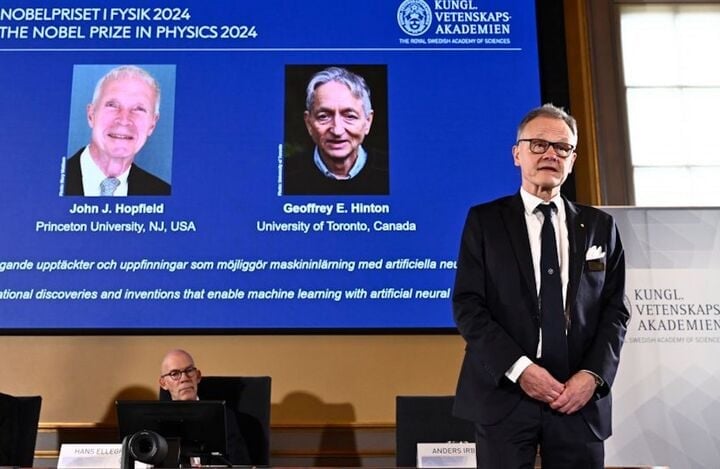
Professor Geoffrey Hinton. (Photo: TVP)
By refining the architecture of deep neural networks and using large datasets to train them, Professor Hinton has opened up new directions for artificial intelligence research and applications, thereby paving the way for advances in the development of artificial intelligence models and autonomous systems.
Speaking at the awards ceremony, Professor Geoffrey E. Hinton said that he, Professor Yoshua Bengio and Yann LeCun have dedicated their lives to developing neural network technology. He was also pleased to see VinFuture recognize the contributions of Mr. Jen-Hsun Huang in developing the computer software necessary for artificial intelligence; as well as Professor Fei-Fei Li in providing big data - a factor that has proven the effectiveness of this technology.
Mr. Jensen Huang
NVIDIA President Jensen Huang was recognized for his visionary leadership in transforming graphics processing units (GPUs) into powerful tools for deep learning and accelerated computing.
The development of the CUDA (Compute Unified Device Architecture) platform enabled GPU programming to efficiently handle the massive computational demands of deep learning. This breakthrough enabled rapid training of neural networks and made GPUs an essential tool in AI research and development worldwide.

Mr. Jensen Huang speaks at the awards ceremony.
GPUs have become essential to modern AI research, accelerating innovations in areas such as speech recognition, autonomous driving, medical imaging, and language processing. Today, GPU-accelerated deep learning is powering advances such as today's popular AI models and diagnostic and healthcare tools, benefiting millions of people around the world.
"I am honored to receive the VinFuture main prize in the presence of friends and great scientists such as Professor Yoshua Bengio, Geoffrey Hinton, and Yann LeCun.
This is a recognition from the VinFuture Foundation for the breakthrough potential of AI in all industries. I am honored to receive this award on behalf of my colleagues at NVIDIA who have dedicated their lives to computer science and related fields," said Mr. Jen-Hsun Huang.
Professor Yann LeCun
Professor Yann LeCun, Chief AI Scientist at Meta, is recognized for his pioneering work in developing convolutional neural networks (CNNs), a key paradigm in the development of image recognition and deep learning technologies.
His work on CNNs in the late 1980s laid the foundation for the automatic learning of hierarchical image features, which is crucial in tasks such as object detection and face recognition.
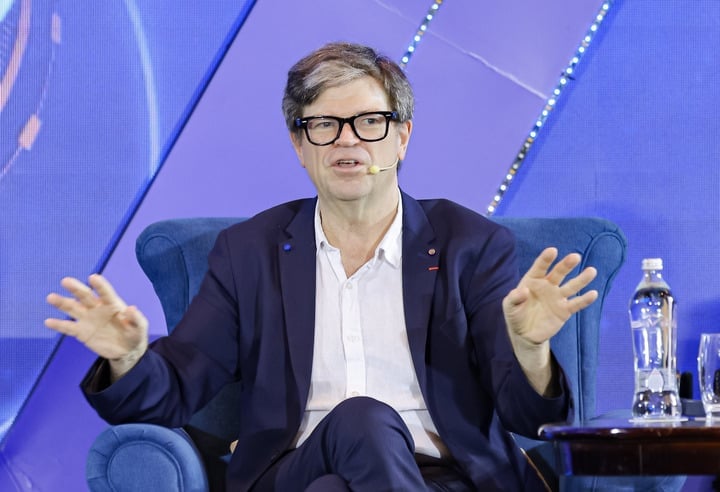
Professor Yann LeCun.
Professor LeCun’s innovations have fueled disruption in industries that use image processing, from medical diagnostics to autonomous driving. CNNs have now become standard in artificial intelligence applications used by billions of people every day, playing a central role in the development of technologies such as facial recognition and medical image processing.
Professor Yann LeCun shared that the VinFuture 2024 trophy has a shape very similar to a neural model, with the connection of neurons. This symbol really suits his work.
"Machines can learn, not yet like humans, but we are getting there. I think AI can develop further, become smarter. AI helps us expand human intelligence, in fact, AI has done this, from its predecessors," he said.
AI assistants can get smarter and as we continue to train AI on language, culture and values, it will create a treasure trove of human data that needs to be shared, spreading knowledge to the world, promoting progress in science, medicine and technology, the expert said.
Professor Fei-Fei Li
Professor Fei-Fei Li, Stanford University, USA is recognized for her pioneering contributions to the field of computer vision and the development of the ImageNet dataset. Her leadership of the ImageNet project revolutionized image recognition by creating a large, labeled dataset that allowed machines to recognize and classify objects more accurately.
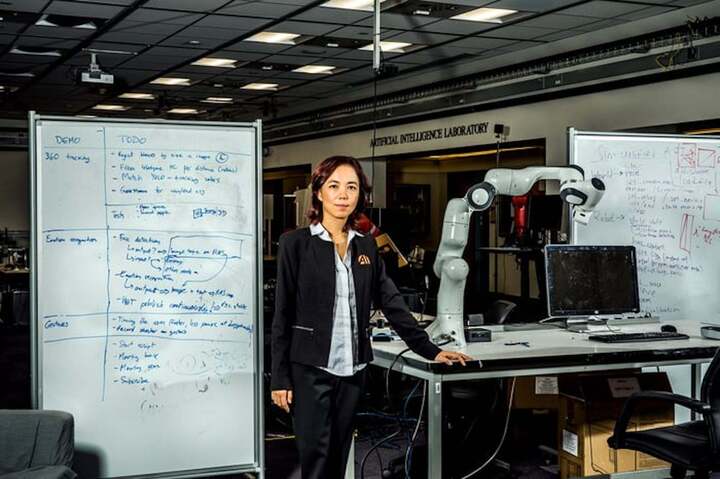
Professor Fei-Fei Li was busy and could not come to Vietnam to receive the award.
ImageNet laid the foundation for training deep learning models and spurred the development of tasks such as object detection, facial recognition, and image classification. Professor Li's work is a prime example of the importance of data in training artificial intelligence systems, influencing the data-driven approach used in many fields.
Professor Li’s contributions have transformed the way deep learning systems process and understand visual information, enabling advances in areas such as autonomous driving, medical diagnosis, and intelligent security systems. By pushing the boundaries of what machines can see and interpret, her work has fueled innovation in the field of computer vision and benefited society as a whole.
The award, initiated by the VinFuture Foundation in 2020, is awarded annually to breakthrough scientific and technological inventions that have the potential to create meaningful changes in people's lives. After four seasons, 37 scientists have been honored. The total prize is worth 4.5 million USD, including one main prize of 3 million USD and 3 special prizes of 500,000 USD each, with 3 categories: Female Scientists, Scientists from Developing Countries and Scientists Researching New Fields.
Source










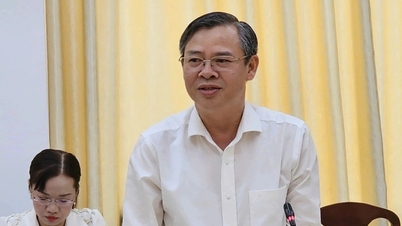




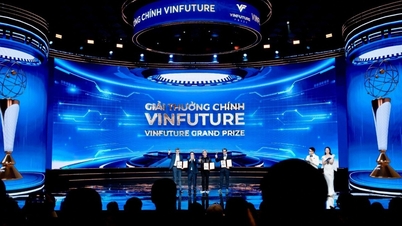
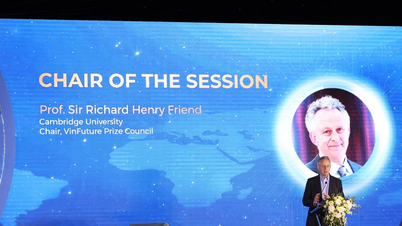












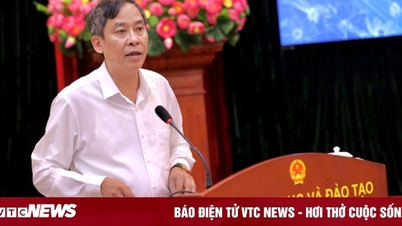
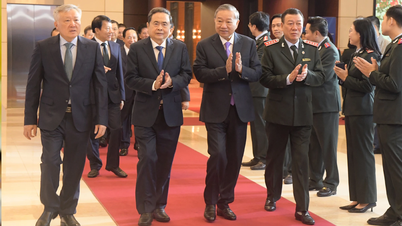
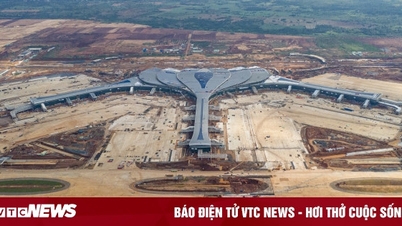

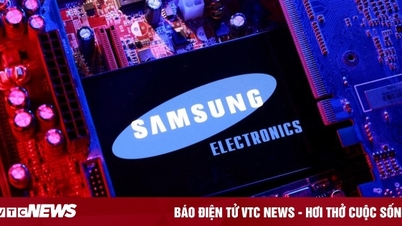









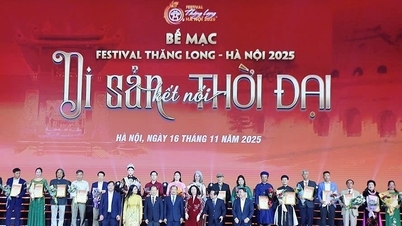





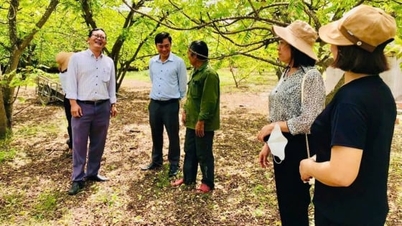




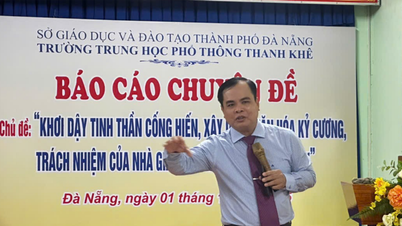


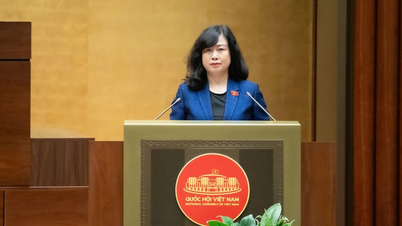



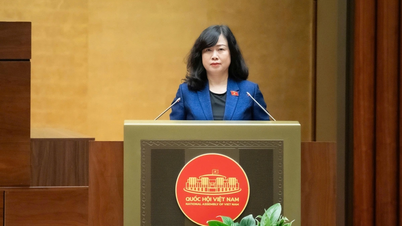

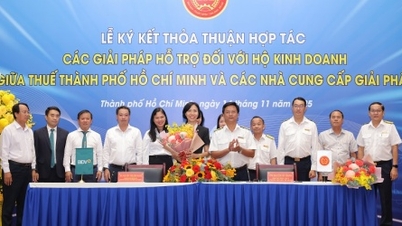

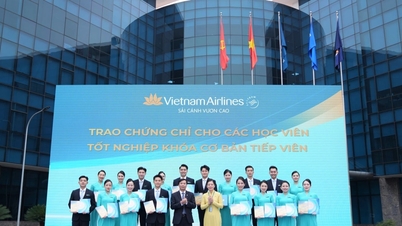

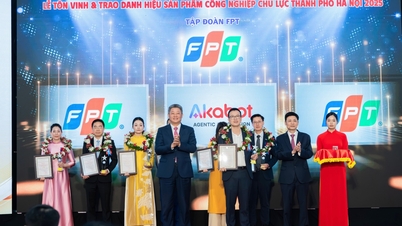











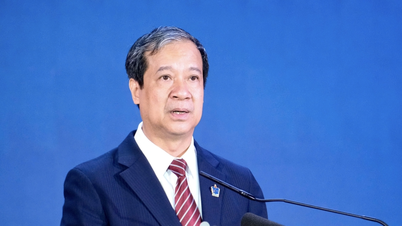

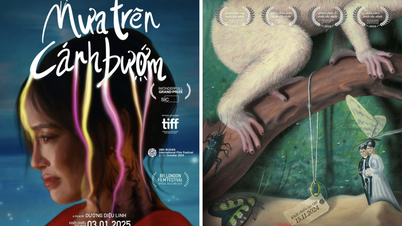





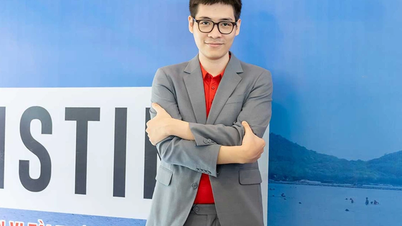





















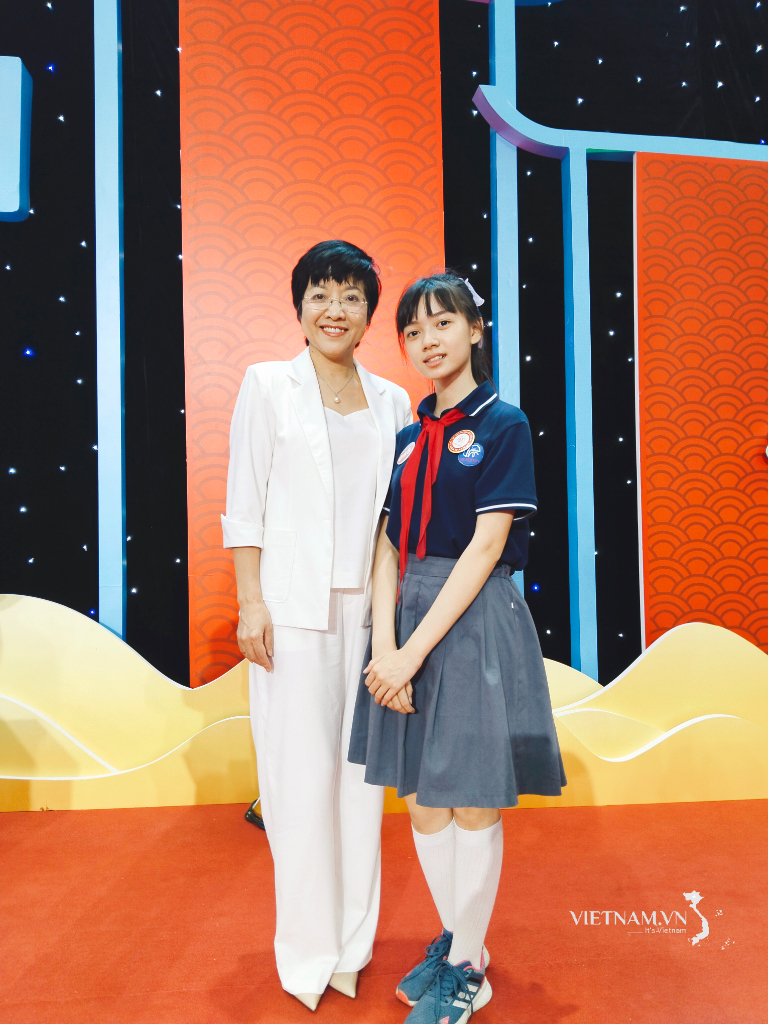
Comment (0)